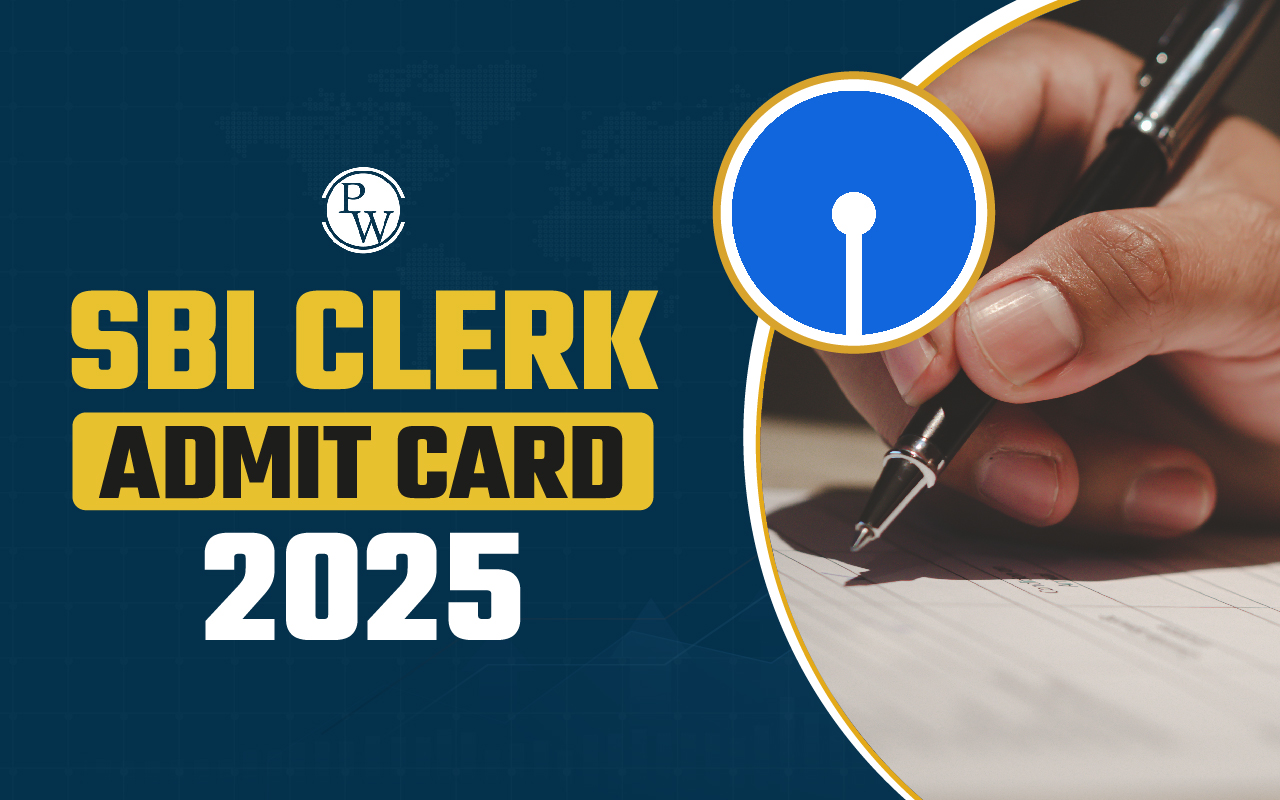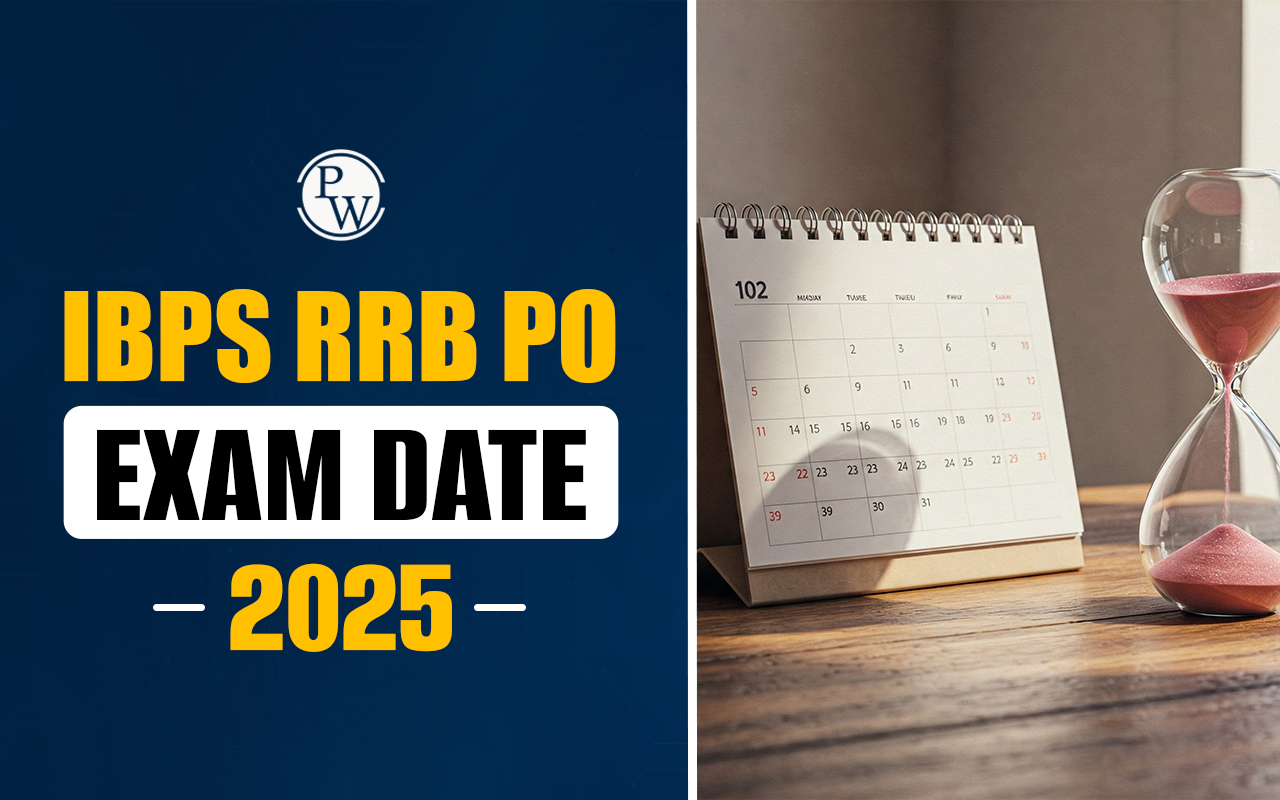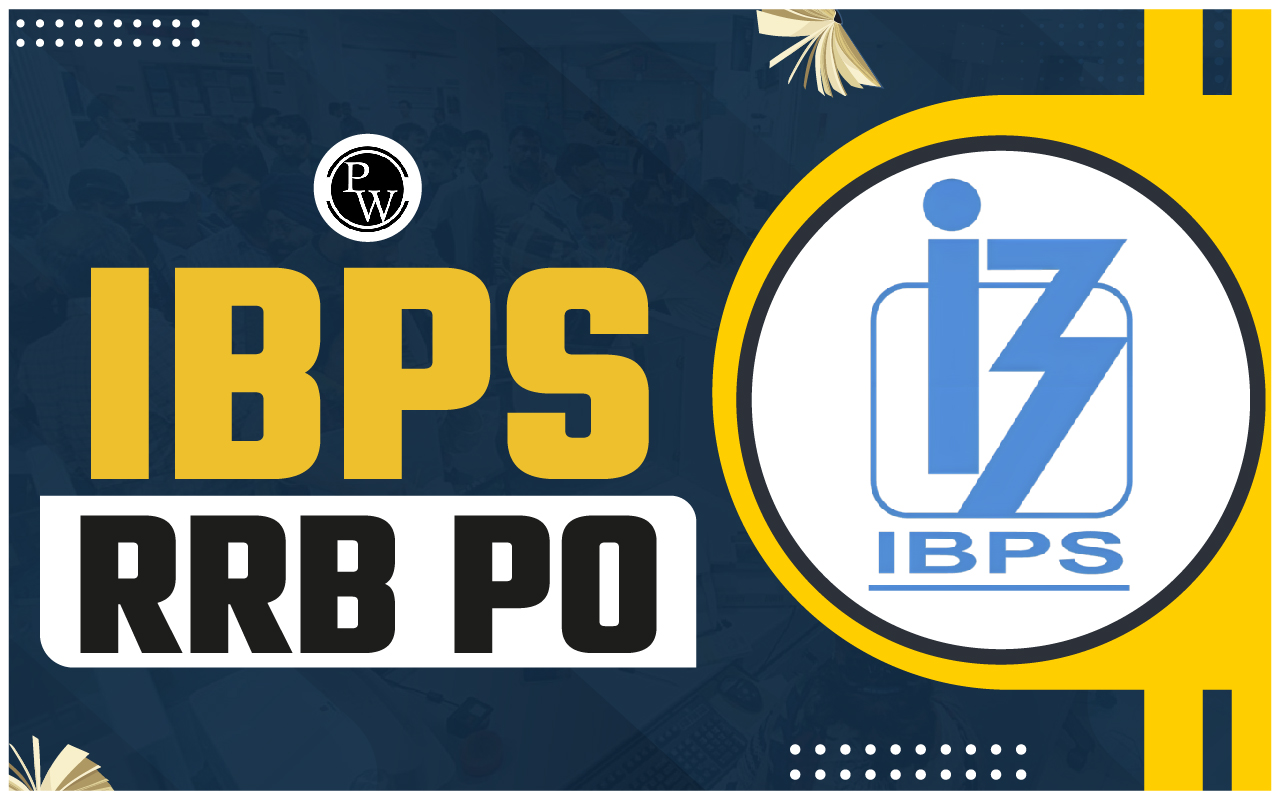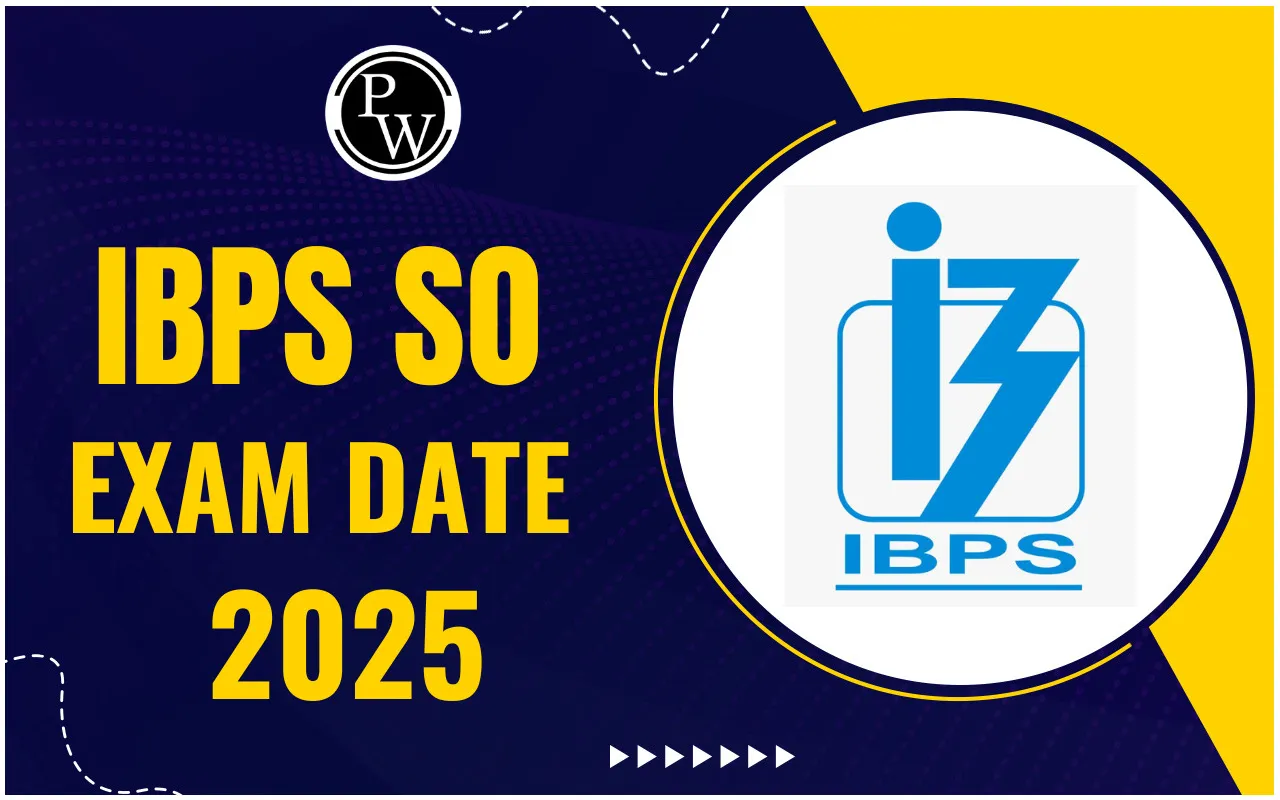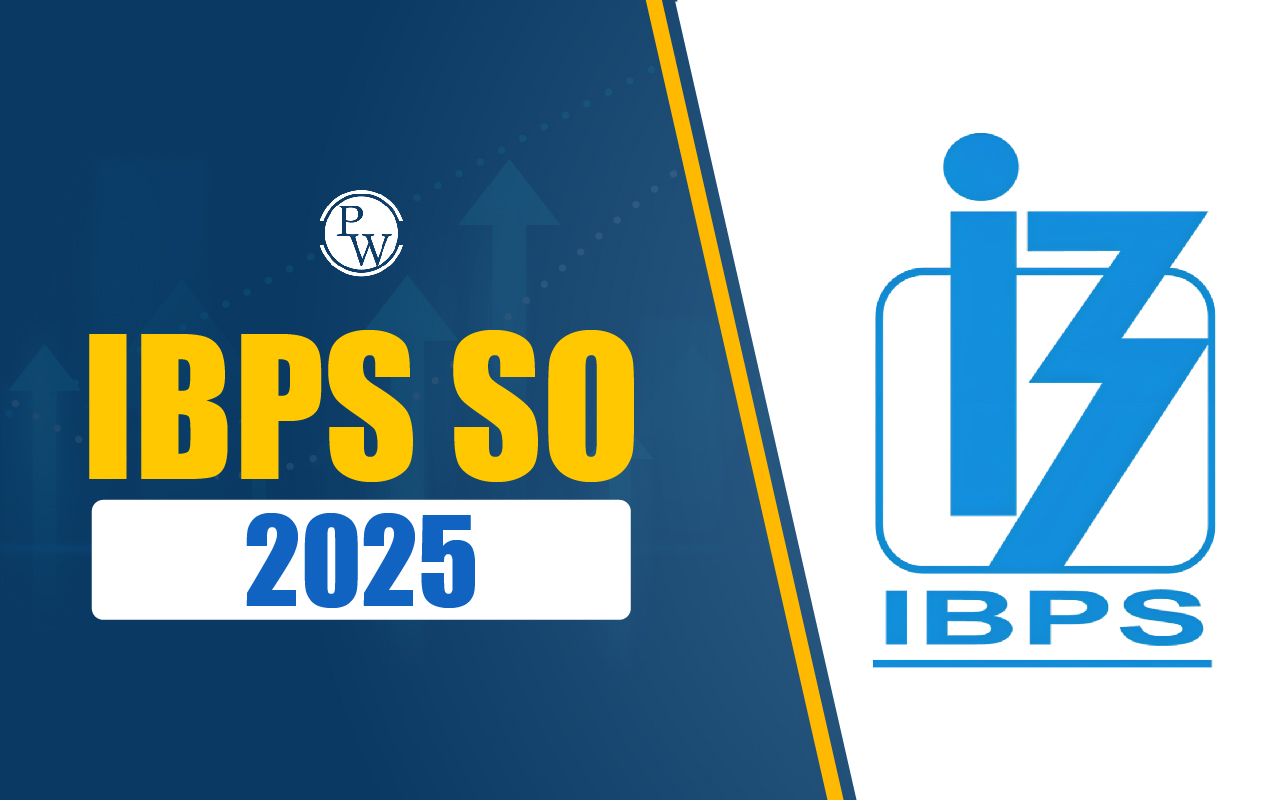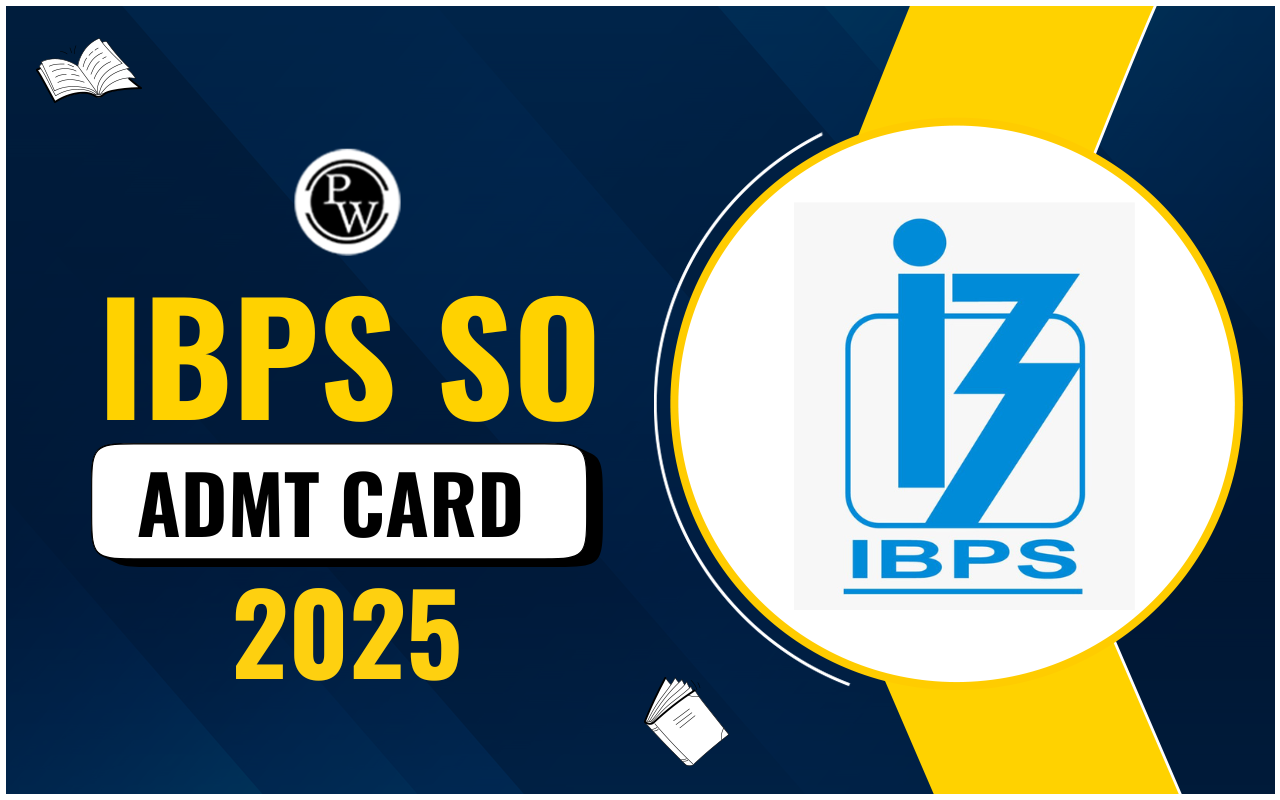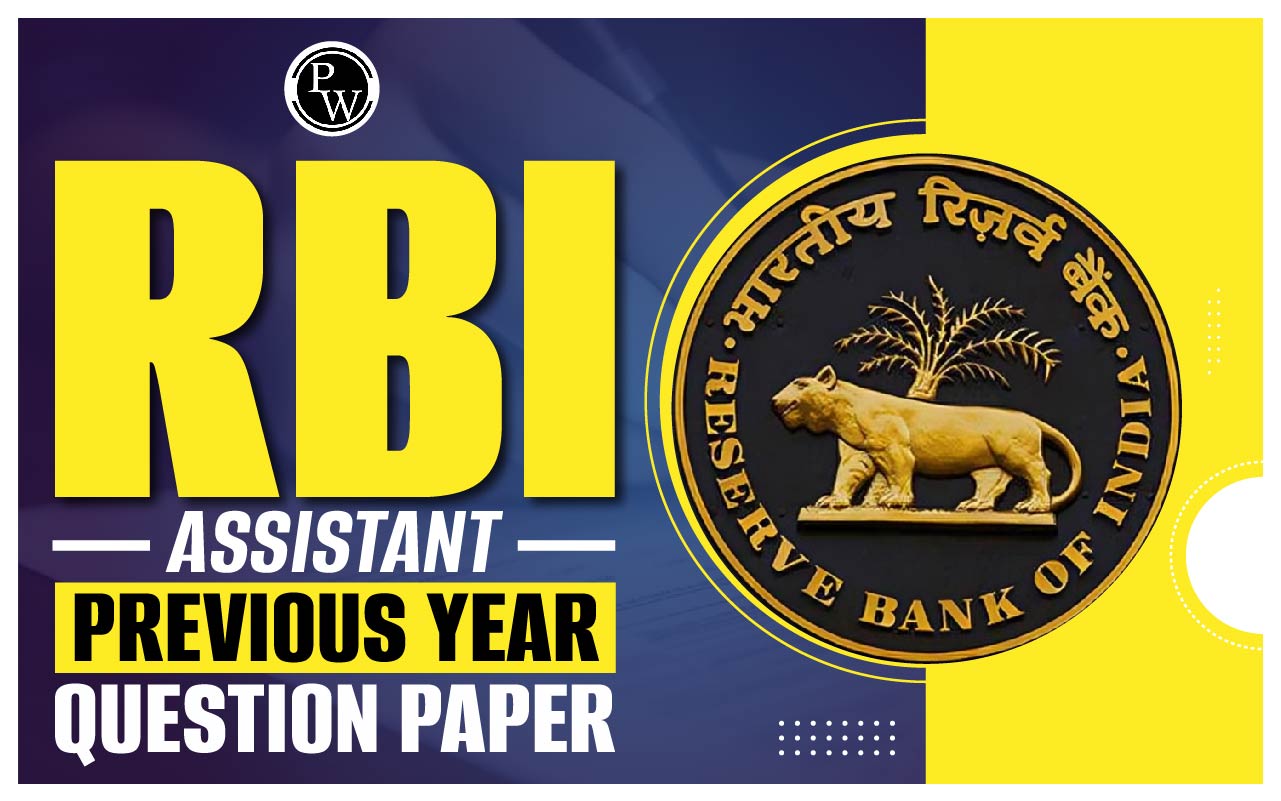
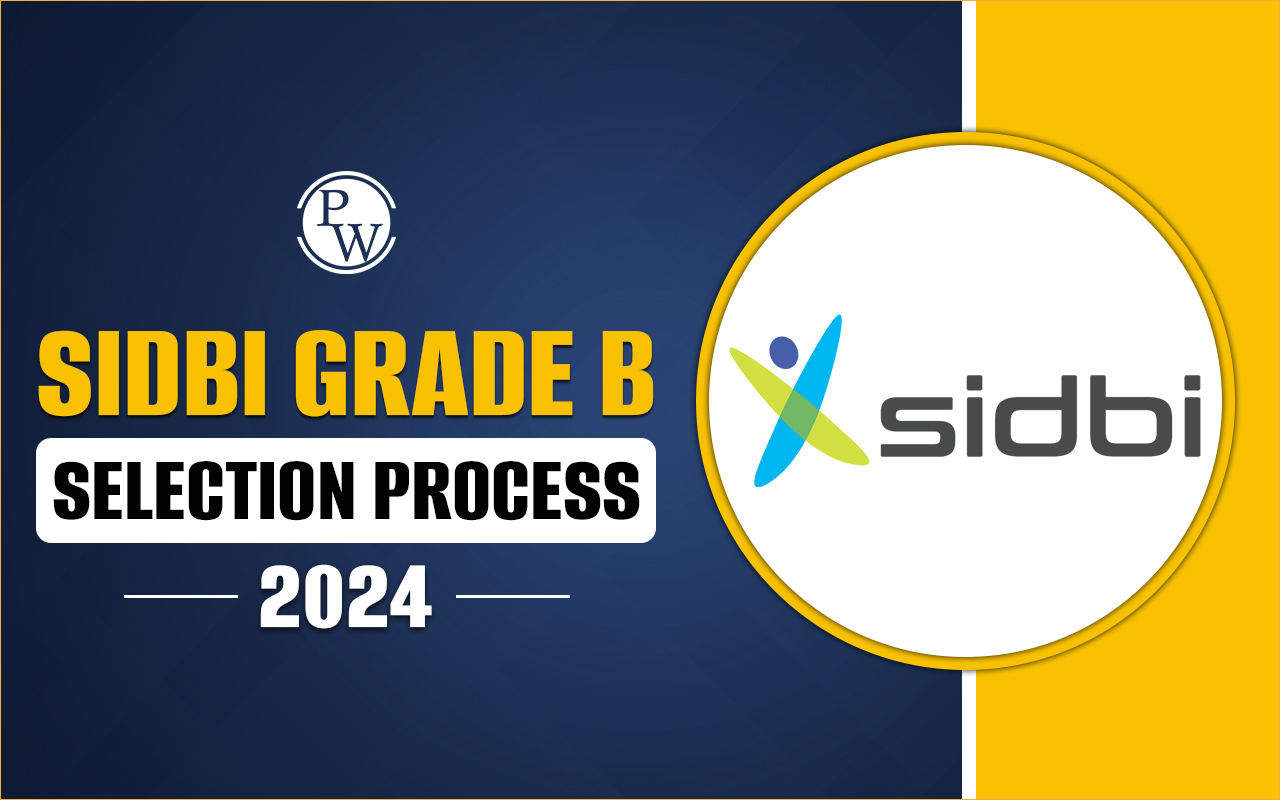
SIDBI Grade B Selection Process 2025: Candidates must know the selection process to crack the SIDBI Grade B 2025 exam easily. The SIDBI Grade B Selection process is based on three stages, i.e., Phase 1, Phase 2, and Interview. The first stage of the selection process is common for all the posts, and the English Language, Reasoning Aptitude, Quantitative Aptitude, and Computer Knowledge sections are qualifying in nature.
SIDBI Grade B Selection Process
SIDBI Notification 2025 PDF will be made accessible through the official website, https://www.sidbi.in/, for recruiting officers in Grade A and B (General & Specialist Stream) positions. Phase 1, Phase 2, and interviews form the basis of the selection procedure for Grade A and B positions. There are 76 vacant posts. An interview and two online exams are part of the selection process. Candidates applying for the SIDBI Grade B Recruitment 2025 will be based on three phases as given below. Based on their performance in various phases, banking aspirants are selected.- Phase I (Online Screening Exam)
- Phase II (Online Examination)
- Phase III (Interview)
SIDBI Grade B Selection Procedure Overview
The official SIDBI Recruitment 2025 Notification PDF for Manager (Grade B) has been released on 13th July 2025, and online application has started on 14th July 2025 at the official website https://www.sidbi.in/. Check out the details on the SIDBI Grade B Selection Process 2025 to understand it in a much better way.| SIDBI Grade B Selection Process 2025 | |
| Organization | Small Industries Development Bank of India (SIDBI) |
| Exam Name | SIDBI Grade B Exam 2025 |
| Post | Manager (Grade B) in the General and Specialist Streams |
| Vacancy | 22 |
| Registration Dates | 14th July to 11th August 2025 |
| Language Of Exam | English & Hindi |
| Selection Process | Phase 1, Phase 2, Interview |
| Official website | https://www.sidbi.in/ |
SIDBI Grade B Exam Pattern
- There are objective questions in the exam.
- The sections included in the SIDBI Phase 1 Exam are Reasoning, English Language, Quantitative Aptitude, and General Awareness.
- The SIDBI Grade B Exam is conducted for a total of 200 marks.
- There shall be a negative marking of 0.25 marks for every wrong answer in the objective papers.
- English Language, Reasoning Aptitude, Quantitative Aptitude, and Computer Knowledge are qualifying in nature.
- Candidates will be shortlisted for the SIDBI Grade B Phase 2 exam based on marks scored in General Awareness, MSMEs, and Stream Specific Test.
- The time duration of the exam is 120 minutes (2 Hours).
- The descriptive test carries 50 marks and will be conducted on a computer.
| SIDBI Grade B Phase 1 Exam Pattern 2025 | |||
| Subjects | No. of Questions | Marks | Duration |
| English Language | 30 | 30 | 120 minutes |
| Reasoning Aptitude | 25 | 25 | |
| Quantitative Aptitude | 25 | 25 | |
| Computer Knowledge | 20 | 20 | |
| General Awareness (With special reference to Banking and Financial Sector and Economic and Social Issues) | 20 | 20 | |
| MSMEs: Policy, Regulatory and Legal Framework; Finance and Management (with focus on MSME) | 30 | 30 | |
| Stream Specific Test | 50 | 50 | |
| Grand Total | 200 | 200 | |
SIDBI Grade B Stream Specific Test
General (Grade B)- MSME financing (Due Diligence/ KYC, Financial ratios, Assessment of Term Loan / Working Capital, Documentary credit, etc.), NPA and recovery including IRAC norms, NBFC Financing, Credit risk assessment, etc.
IT (Grade B)- Domain Specific knowledge including recent developments in IT Field/ Industry, Technical skill assessment comprising programming and coding, database management, networking and security, AI/ML, system design and architecture, etc.
Legal (Grade ‘B’)- General Knowledge of Law: Constitutional Law, Administrative Law, Principles of Statutory Interpretation, Contract Act, 1872, Transfer of Property Act,1882, Negotiable Instruments Act, 1881, Registration Act, 1908, Bharatiya Nyaya Sanhita, Bharatiya Nagarik Suraksha Sanhita, Bharatiya Sakshya Adhiniyam, Legal Drafting, RDB Act, 1993, SARFAESI, 2002, RTI Act 2005, Limitation Act, 1963, IBC 2013, etc
SIDBI Grade B Phase 2 Exam Pattern 2025 (Grade B General Stream)
The detailed SIDBI Grade B Phase 2 Exam Pattern 2025 has been tabulated below.| SIDBI Grade B Phase 2 Exam Pattern 2025 (Grade B General Stream) | |||||
| Paper | Name of Test | Type of Paper | No. of Questions | Marks | Time |
| Paper 1 | English Language | Online Descriptive | 03 | 75 | 75 minutes |
| Paper 2 | MSMEs: Policy, Regulatory and Legal Framework; Finance and Management (with focus on MSME), MSME financing (Due Diligence/ KYC, Financial ratios, Assessment of Term Loan / Working Capital, Documentary credit, etc.), NPA and recovery including IRAC norms, NBFC Financing, Credit risk assessment, etc. | Online Objective | 50 | 75 | 60 minutes |
| Online Descriptive | 10 will be asked, of which candidates will be required to attempt 4 questions [2 of 15 marks each (with difficulty level) and 2 of 10 marks each] | 50 | 75 minutes | ||
SIDBI Grade B Phase 2 Exam Pattern 2025 (Grade B Legal)
| SIDBI Grade B Phase 2 Exam Pattern 2025 (Grade B legal) | |||||
| Paper | Name of Test | Type of Paper | No. of Questions | Marks | Time |
| Paper 1 | English Language | Online Descriptive | 03 | 75 | 75 minutes |
| Paper 2 | General Knowledge of Law: Constitutional Law, Administrative Law, Principles of Statutory Interpretation, Contract Act, 1872, Transfer of Property Act,1882, Negotiable Instruments Act, 1881, Registration Act, 1908, Bharatiya Nyaya Sanhita, Bharatiya Nagarik Suraksha Sanhita, Bharatiya Sakshya Adhiniyam, Legal Drafting, RDB Act, 1993, SARFAESI, 2002, RTI Act 2005, Limitation Act, 1963, IBC 2013, etc. | Online Objective | 50 | 75 | 60 minutes |
| Online Descriptive | 6 will be asked, of which candidates will be required to attempt 4 questions [2 of 15 marks each (with difficulty level) and 2 of 10 marks each] | 50 | 75 minutes | ||
SIDBI Grade B Phase 2 Exam Pattern 2025 (Grade B IT)
| SIDBI Grade B Phase 2 Exam Pattern 2025 (Grade B IT) | |||||
| Paper | Name of Test | Type of Paper | No. of Questions | Marks | Time |
| Paper 1 | English Language | Online Descriptive | 03 | 75 | 75 minutes |
| Paper 2 | Introduction to Software, Computer Fundamentals, Data Structure, File Structure and programming through ‘C’, ‘C++’, ‘Java’ and ‘Python’, Elements of Systems Analysis and Design, Numerical and Statistical Computing, Data Communication and Networks, Computer Architecture and Network Architecture, Object Oriented Systems, Database Management Systems including RDBMS, Software Engineering, Operating Systems, Management Information Systems, Internet of Things (IoT), Mobile Computing, Design and analysis of Algorithms, Basic of AI, ML and natural language processing, Cyber/IT Security, Big Data Analytics, Data Modelling and Analytics Concept of data visualisation using reporting tools, Data warehousing with analytical capabilities and virtual data management, API usage for cross user interaction and data exchange, application development etc. Note: The above syllabus is only indicative and not exhaustive. | Online Objective | 50 | 75 | 60 minutes |
| Online Descriptive | 10 will be asked, of which candidates will be required to attempt 4 questions [2 of 15 marks each (with difficulty level) and 2 of 10 marks each] | 50 | 75 minutes | ||
SIDBI Grade B Interview Process 2025
SIDBI Grade B Phase III, i.e., is of 100 marks, including 25% marks for notable achievement in extracurricular activities (District/ State/ National Level), awards/ recognition in service etc. subject to the submission of documentary evidence.SIDBI Grade B Selection Process 2025 FAQs
Q1. How many stages in SIDBI Grade B Selection Process 2025?
Q2. Is it necessary to go through the details of SIDBI Grade B Selection Process 2025?
Q3. Is there an interview for SIDBI Grade B Selection Process 2025?
Q4. What is the date for SIDBI Grade B 2025 Exam?

